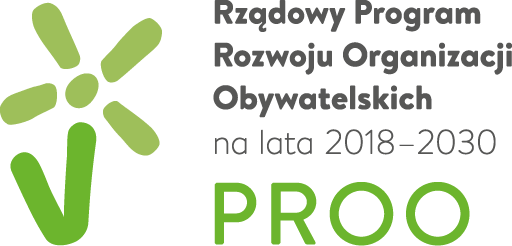The Project for Assistance to Crime Victims and Crime Witnesses is an initiative to provide quick and focused assistance to victims of crimes provided for in the Polish criminal system. The project is part of the victim assistance network, which is co-founded by other NGOs from all over the country and united by the Ministry of Justice. If there has been violence against you or your family, you have been cheated, suffered a beating, suffered a car accident, been robbed or witnessed such acts – you can count on our help.









